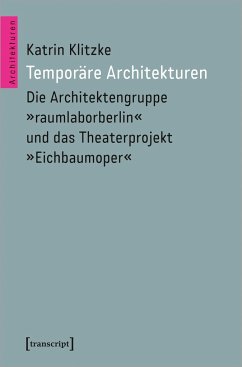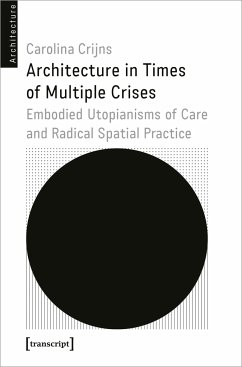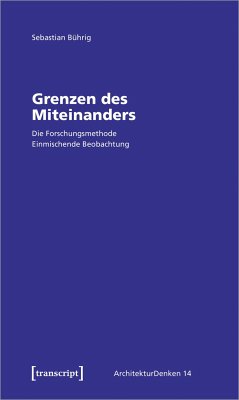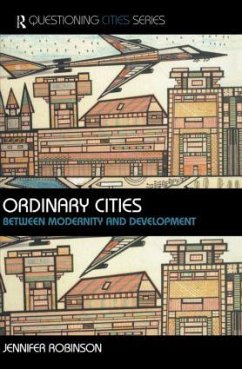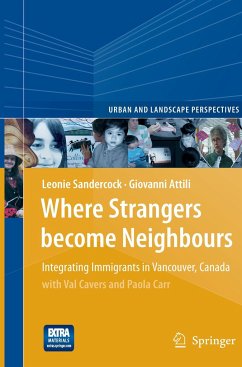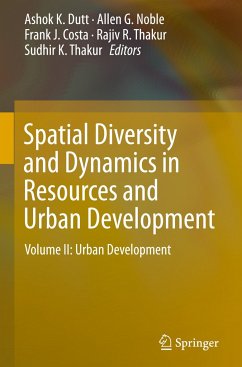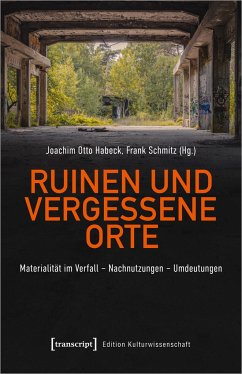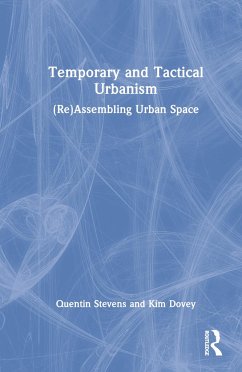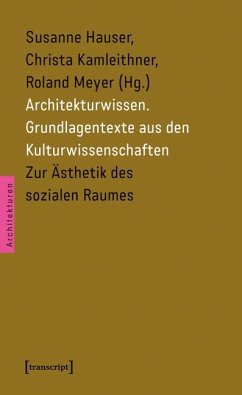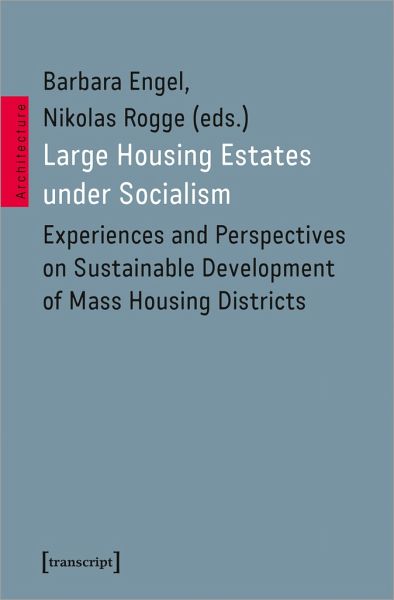
Large Housing Estates under Socialism
Experiences and Perspectives on Sustainable Development of Mass Housing Districts
Herausgegeben: Engel, Barbara; Rogge, Nikolas
Versandkostenfrei!
Versandfertig in 2-4 Wochen
39,99 €
inkl. MwSt.

PAYBACK Punkte
20 °P sammeln!
Harnessing large urban housing estates in former socialist countries as a resource for the future housing supply requires innovative and practicable strategies and concepts. What are the challenges to be overcome? How can the often mono-structural estates be altered, and how can spatial and cultural identities be reinforced? Which role does the community play in these former socialist neighborhoods? The contributors to this volume present perspectives from different disciplines, both in academia and practice. The exchange of international experiences creates the base for further debate and lea...
Harnessing large urban housing estates in former socialist countries as a resource for the future housing supply requires innovative and practicable strategies and concepts. What are the challenges to be overcome? How can the often mono-structural estates be altered, and how can spatial and cultural identities be reinforced? Which role does the community play in these former socialist neighborhoods? The contributors to this volume present perspectives from different disciplines, both in academia and practice. The exchange of international experiences creates the base for further debate and learning and provides insight into the multiplicity of challenges and approaches today.
Dieser Artikel kann nur an eine deutsche Lieferadresse ausgeliefert werden.



